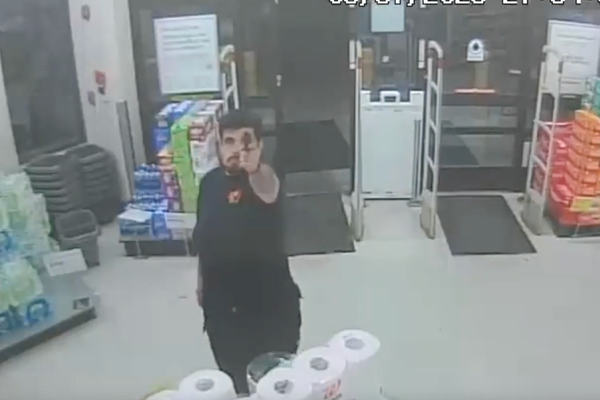
Money used to be solid, dependable and—if not exactly comforting—at least knowable. You kept it in your pocket, folded it into a purse, handed it over with a certain ceremony at the butchers or the post office. Even when it wasn’t physically there, it had a presence: neatly recorded in a passbook, monitored by a man in a grey suit, the sort of person who called you “sir” while declining your loan application.
Now, of course, it’s all very different. You don’t hold money anymore; you experience it as a number on a screen, fluctuating according to forces largely beyond your control. Banks, those once-mighty institutions with their marble counters and little pens on chains, are now just apps, assuming you need them at all. Payments happen in an instant, investments are made on a whim and the idea of “saving up” feels vaguely Victorian.
This is the new world of finance, a place where markets never sleep, algorithms make better decisions than you do and the Ethereum price NZD is somehow relevant to people who don’t entirely understand what Ethereum is. It’s fast, efficient and for those who can keep up, full of opportunities. But for everyone else—for those who like their money to be something they can physically count—it all feels a bit like standing on a moving walkway that’s accelerating whether you like it or not.
Where Did the Banks Go?
For most of history, banks were the pillars of financial life. You went to them for mortgages, loans, investments and the occasional bout of professional condescension. They were slow, they were bureaucratic but they were also reassuring. You knew where your money was, or at least you knew that someone in a big heavy building was looking after it for you.
Now traditional banks find themselves edged out by fintech companies that promise instant transactions, zero fees and customer service that doesn’t involve being on hold for half an hour. The days of sitting down with a bank manager to discuss your financial future have been replaced by a cheerful chatbot that can approve a loan in seconds. You don’t queue up to deposit a cheque; you take a photo of it. You don’t apply for a credit card; you get a virtual one, generated instantly.
It all seems rather nice. And for many it is. But the decline of traditional banking means the decline of human oversight. There is no one to tell you you probably shouldn’t invest half your salary in cryptocurrency at 2 am, no grey-suited lender to tell you just because you can borrow the money doesn’t mean you should. Finance is something you do alone, fast, in an environment where mistakes aren’t punished so much as they’re regretted instantly.
Investing for People Who Don’t Invest
Once upon a time, investing was something that people who read the Financial Times and owned at least one pair of cufflinks did. It required knowledge, connections and the ability to say “diversification” without wincing. The stock market was for professionals and for everyone else there were savings accounts and the comforting predictability of interest rates.
Technology has changed all that. Now investing is an app, a hobby, an impulse buy in the queue at your local supermarket. You don’t need a broker; you need a few quid and internet connection. You can buy shares in companies you’ve never heard of, trade commodities like you won in a game of Monopoly and check your portfolio as often as you check your WhatsApp messages.
Some love this. Others hate it. The accessibility of modern investing means more people than ever are exposed to the whims of the market and not everyone is ready for what that means. A well placed tweet can send shares soaring or plummeting and investment advice is as likely to come from TikTok as it is from the financial experts. People make fortunes overnight; they lose them just as quickly.
And yet despite the risks investing has become something ordinary people do, not just those with accounts in the Caymans. It’s been democratised for better or for worse. Whether this will end in financial empowerment or just economic chaos remains to be seen.
The Death of the Middleman
One of the weirdest things about this financial revolution is that so many of the old gatekeepers have been removed. You no longer need a mortgage broker; you just need an online calculator and a button to press. You don’t need a financial advisor; there’s an algorithm for that. Even the stock market no longer needs a middleman. What used to be a complicated process is now a few clicks of a button.
This is great. You’re in control. You make the decisions. You can do with your money as you like. But in removing the middlemen something else has been lost – the friction that used to make people pause before making financial decisions. There was a time when getting a loan involved a meeting, a conversation and a disapproving head shake. Now it’s a button. Are you sure? Yes. Confirm. Loan approved.
And so money moves faster than ever, sometimes for good, sometimes for bad. You can invest, borrow and spend with unprecedented ease. But does that ease mean financial security? No.







